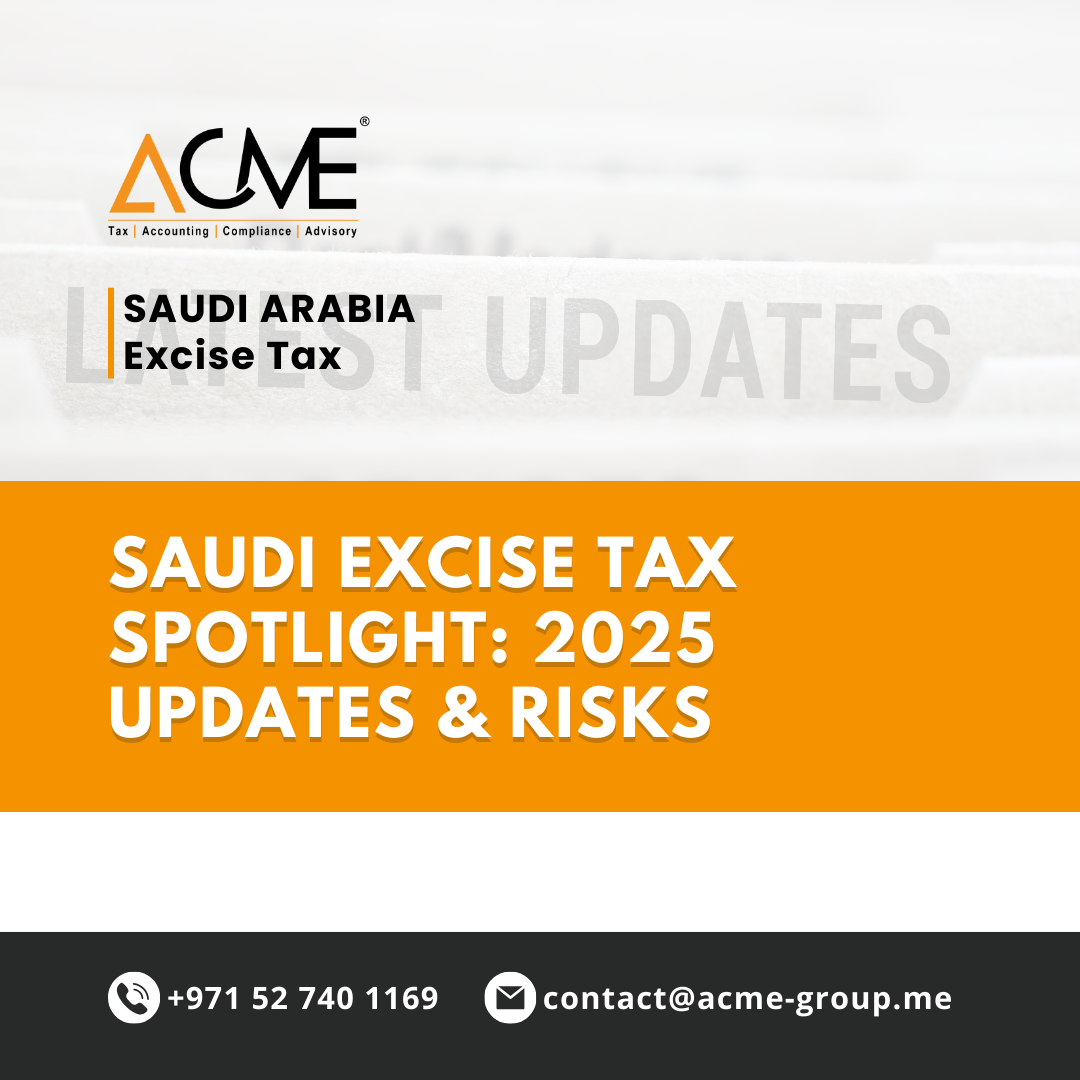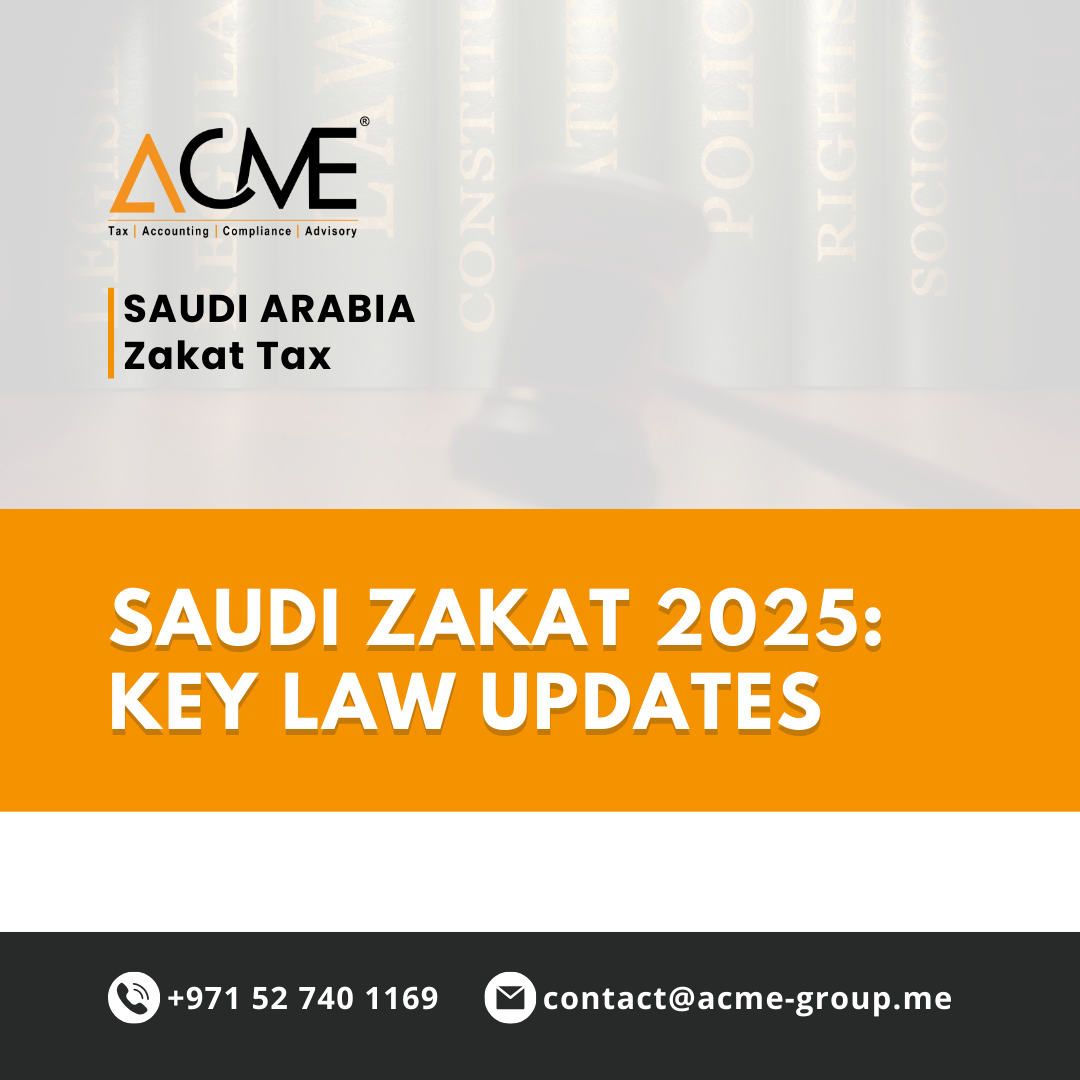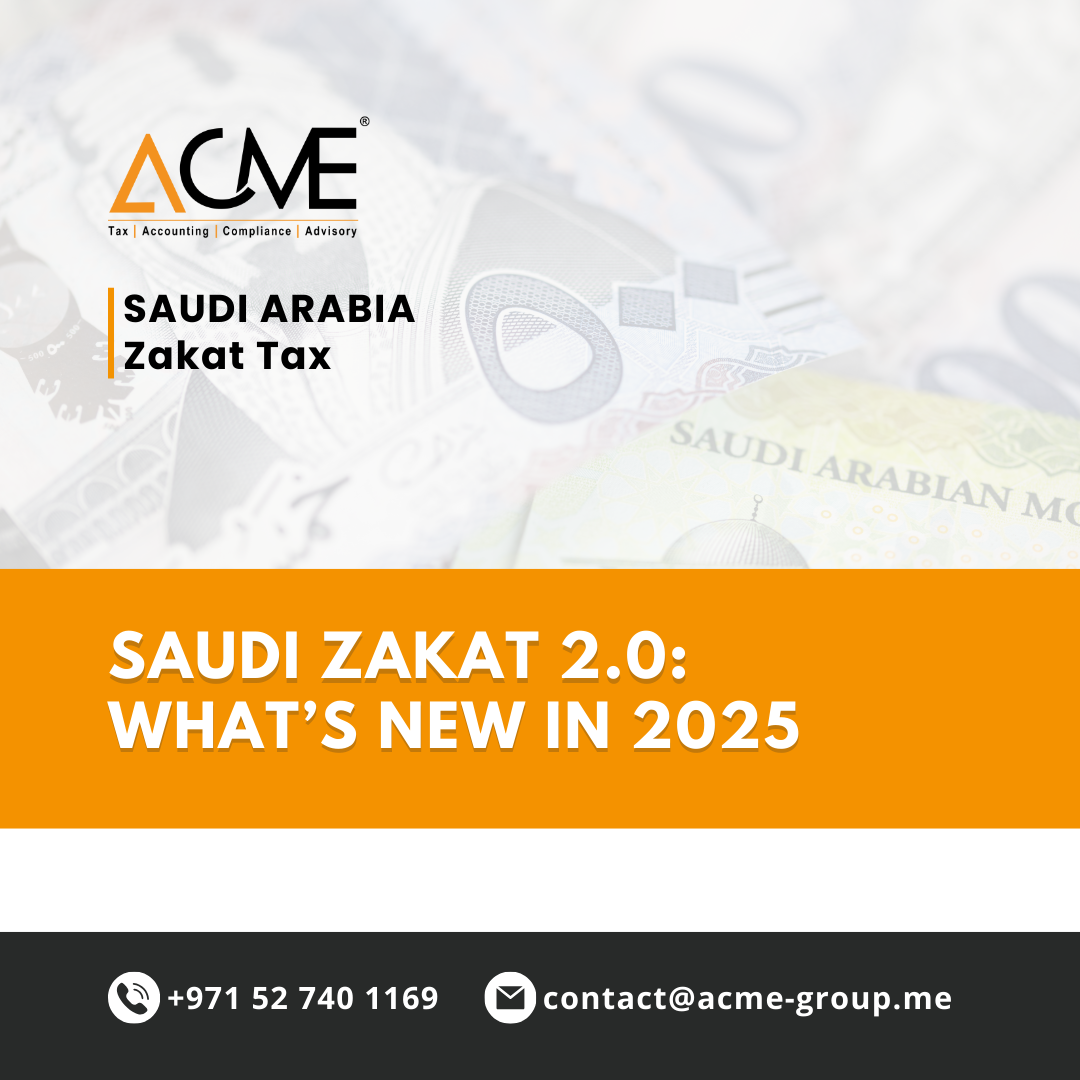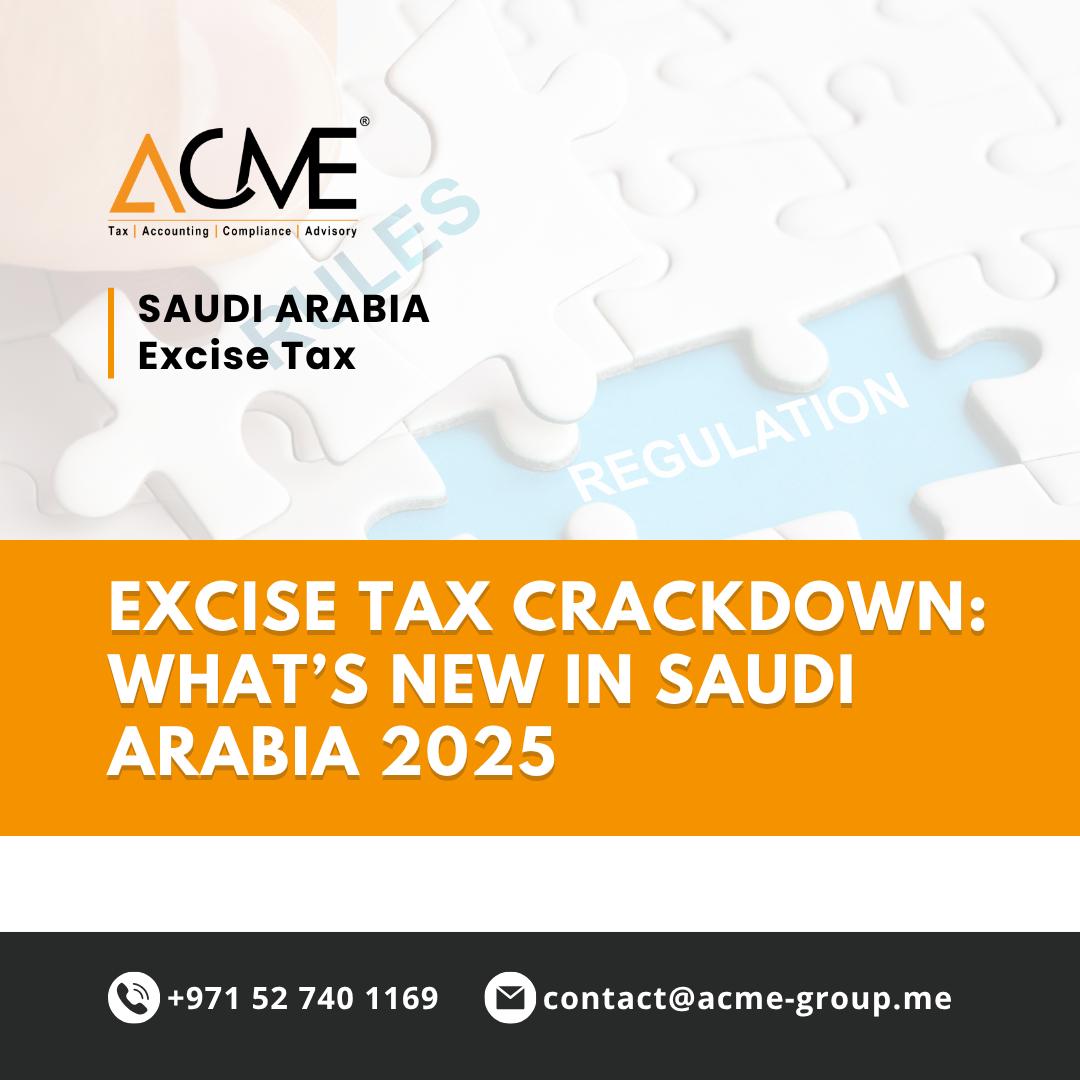In the UAE, the evolving landscape of Corporate Tax regulations has brought new considerations for natural persons involved in real estate investment activities. A key area of focus is the distinction between conducting these activities directly or indirectly, and how this impacts eligibility for tax exclusions.
Direct vs. Indirect Investment Activities
Investment activities can be carried out either directly by the natural person or indirectly through an intermediary. The term “indirectly” in this context means that a natural person may engage third parties to handle aspects of their real estate investments, such as managing properties, collecting rents, or dealing with other associated activities.
While this may seem like a minor detail, the legal nuances behind it have significant implications for corporate tax obligations.
The Role of Intermediaries
Intermediaries in the real estate investment landscape often include agents or property management companies that assist natural persons in managing their properties. For example, if a natural person hires a third-party agent to manage their property, collect rent, and handle leasing, the income derived from this activity can still qualify for the Real Estate Investment exclusion from Corporate Tax.
However, it’s important to note that the involvement of an intermediary does not alter the fact that the income received by the natural person is considered part of a Real Estate Investment activity. This holds true regardless of whether the intermediary possesses a license to conduct their business.
The Licensing Aspect
An important consideration here is the licensing requirements. Income derived from real estate investment activities will only be excluded from corporate tax if the activities are not carried out through, or do not require, a license issued by a licensing authority.
This means that if a natural person’s real estate investment activities are managed by an unlicensed intermediary, or if the activities themselves do not necessitate licensing, the income may still qualify for a Corporate Tax exclusion.
Key Takeaways
- Direct Investment: When a natural person conducts real estate investment activities directly, they are fully responsible for managing the income and meeting any legal requirements for tax exclusion.
- Indirect Investment: When engaging intermediaries like agents or property management companies, the income received is still tied to real estate investment activities, even if a license is not held by the third party.
- Indirect Investment: When engaging intermediaries like agents or property management companies, the income received is still tied to real estate investment activities, even if a license is not held by the third party.
Licensing Considerations: The need for licensing plays a crucial role. If an activity requires a license, it may disqualify the income from tax exemptions, but if not, it could still be eligible for exclusion under the Corporate Tax regulations.
As the UAE continues to grow as a global hub for business and investment, real estate remains a prime sector for natural persons looking to invest. With the introduction of the new Corporate Tax Law, it is crucial for investors to understand how this law applies to real estate activities, particularly in the context of land or property located within and outside the UAE.
Let’s break down the key aspects of the Corporate Tax Law as it relates to real estate investment for natural persons:
1. Location of Land or Real Estate Property
The Corporate Tax Law offers an exclusion from tax for investment activities conducted in the UAE, relating to land or real estate properties located both inside and outside of the UAE. This provides natural persons with an opportunity to explore investments in both local and international real estate markets while maintaining tax efficiency within the UAE.
2. Licensing Authority
In the UAE, various Licensing Authorities oversee the issuance of licenses for business activities, including those related to real estate. These authorities are responsible for authorizing the conduct of business in specific sectors and ensuring compliance with local regulations. Some of the prominent Licensing Authorities in the real estate sector include:
- Departments of Economic Development (DED) in each Emirate
- Abu Dhabi Department of Culture and Tourism
- Dubai Department of Economy and Tourism
- Dubai Land Department
- Sharjah Real Estate Registration Department
These authorities issue licenses required to carry out business activities in the UAE, including those related to real estate investment, ensuring that all operations are legally compliant.
3. Licence
A “Licence” refers to the official document issued by a Licensing Authority, permitting a business or activity to be conducted legally within the UAE. The type of Licence may vary, but it is essential for natural persons involved in real estate activities to ensure that they possess the proper licenses.
For example, in Dubai, the Department of Economy and Tourism issues licences to individuals involved in leasing holiday homes. However, it’s important to note that administrative records such as tenancy contracts or certificates of termination are not considered licenses for business activities. They are merely documentation related to the rental process and do not authorize business operations.
It’s important to note that the Corporate Tax Law does not require natural persons to obtain a licence for business activities; rather, this requirement is enforced by the relevant Licensing Authority under the applicable laws and regulations.
4. Not Required to Be Conducted Through a Licence
In some cases, natural persons may not obtain the required licence for their business activity. The term “required to be conducted” under the law clarifies that if a licence is mandated but not obtained, the investment activity still falls within the scope of Corporate Tax. The absence of a licence does not exempt the income derived from the activity from taxation.
As long as the real estate investment activity qualifies as a business and meets the relevant turnover threshold, it will be subject to Corporate Tax, even in the absence of a valid licence. This highlights the importance of staying compliant with licensing regulations to avoid unnecessary tax liabilities.
Conclusion
Understanding how real estate investment activities are impacted by the UAE’s Corporate Tax Law is essential for natural persons seeking to invest in this lucrative sector. By ensuring compliance with licensing requirements and staying informed about the scope of tax applicability, investors can make better-informed decisions and manage their tax liabilities effectively.
As the UAE continues to evolve as a global investment hub, staying on top of regulatory changes and ensuring compliance will play a pivotal role in successfully navigating the real estate investment landscape.
summary
The UAE’s Corporate Tax Law impacts real estate investment for natural persons, emphasizing the importance of licensing compliance. Tax exclusions apply to investment activities involving properties located inside or outside the UAE. Licensing Authorities, such as the Dubai Land Department and various Economic Development Departments, oversee business licensing. While a valid licence is crucial for conducting real estate activities, income from unlicensed activities may still be subject to Corporate Tax if turnover thresholds are met. Understanding these regulations is vital for investors to ensure compliance and manage tax obligations effectively.
Disclaimer : The Content offer general guidance and should not be considered legal, financial, or tax advice. Consult qualified professionals for personalized guidance. While efforts have been made to ensure accuracy, no guarantee is provided for completeness or applicability to individual situations. Users are responsible for interpreting and actions based on this information, at their own risk.
For understanding more about Corporate Tax, VAT, Excise Tax, Financial Services, Advisory Services, reach out to us on:contact@acme-group.me | +971 52 740 1169.
This article was published on 01 June 2025.
Download Corporate Tax Resources
-
Corporate Tax Calculation Guide
A simple guide to help you calculate corporate tax with ease.
-
Corporate Tax Checklist
Prepare with confidence for corporate tax returns and meet the regulatory obligations smoothly
-
Small Business Relief Guide
Our comprehensive guide simplifies complex regulations, and help you make informed decisions.
-
Transfer pricing guide
Refers to the rules and methods for pricing transactions between related entities within a multinational group.
Related Posts
Saudi Excise Tax: What’s New & What to Watch
Key Points: ZATCA’s Implementing Regulations for excise tax (Resolution No. 9‑1‑17, as amended) define all the updated rules for excise goods in the …
Saudi Excise Tax Spotlight: 2025 Updates & Risks
Key Points: ZATCA’s excise‑tax regime applies to producers, exporters, and holders of excisable goods under suspension or transitional phases. Producers must file …
Saudi Zakat 2025: Key Law Updates
Key Points: ZATCA’s Implementing Regulation for Zakat Collection (MR 1007, 1445H) now applies to fiscal years starting 1 Jan 2024 and replaces …
Saudi Zakat 2.0: What’s New in 2025
Key Points: New Zakat regulation (MR 1007, 1445 H) applies for fiscal years starting on or after 1 Jan 2024. Calculation method …
Excise Tax Crackdown: What’s New in Saudi Arabia 2025
In 2025, Saudi Arabia’s Zakat, Tax and Customs Authority (ZATCA) introduced updates to the Excise Tax Implementing Regulations to enhance compliance monitoring …
Join our Newsletter!
Receive updates on the latest News, Events, Webinar and more.
Our Services
-
Tax ServicesTax Services
-
Financial ServicesFinancial Services
-
AdvisoryAdvisory
-
ComplianceCompliance
Explore More
-
About UsAbout Us
-
Privacy PolicyPrivacy Policy
-
Contact UsContact Us





